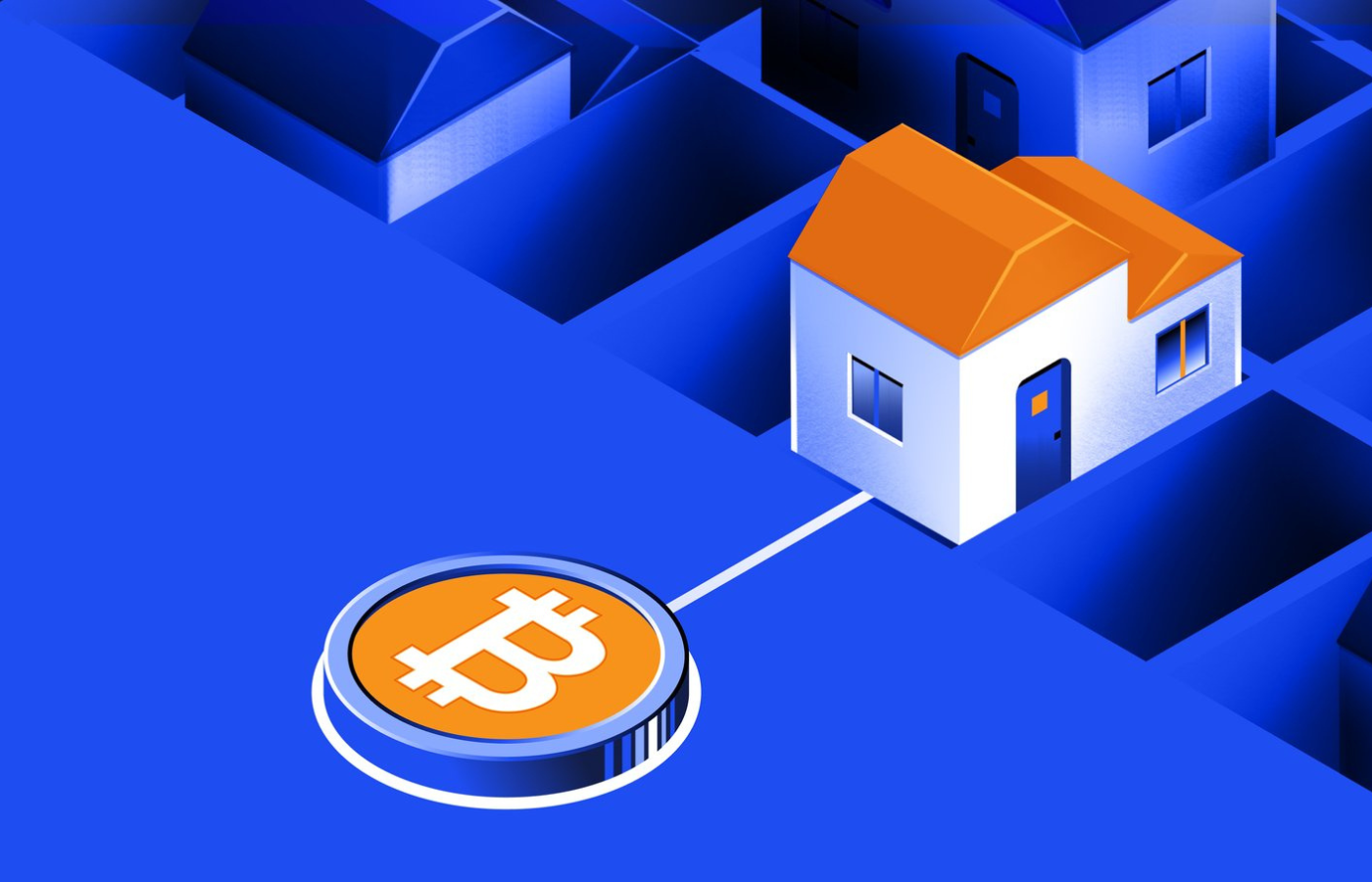Asset tokenization platforms – transforming traditional assets into digital tokens

Asset tokenization platforms are transforming finance and investment. Asset tokenization platforms convert physical assets into digital tokens as one of their primary functions. Blockchain networks create digital representations of assets. Assets that can be tokenized include:
- Real estate properties
- Artwork and collectables
- Commodities like gold or oil
- Intellectual property rights
- Company shares or stocks
By digitizing these assets, tokenization platforms make them more accessible and easier to trade in the digital economy.
Increasing liquidity and accessibility
Asset tokenization platforms play a crucial role in enhancing the liquidity of traditionally illiquid assets. By breaking down large, indivisible assets into smaller, tradable tokens, these platforms allow for fractional ownership. For example, instead of having to purchase an entire building, investors can now buy tokens representing a small portion of that property. This increased accessibility democratizes investment opportunities and allows for more diverse portfolio construction.
Streamlining transactions and reducing costs
Another significant function of asset tokenization platforms is to streamline the process of buying, selling, and trading assets. There is a significant role that smart contracts play in this process as they are self-executing contracts in which the terms are directly programmed into the code. The programs offered by these companies enable you to increase compliance with asset ownership and transfer regulations by automating and streamlining the process of enforcing them with the intention of reducing the likelihood that fraud or errors will occur during the transfer process.
Enhancing transparency and security
Asset tokenization platforms also serve to increase transparency in asset ownership and transactions. The underlying blockchain technology provides an immutable record of all token transfers and ownership changes. Having a clear audit trail and being able to detect fraudulent activities is a major benefit of this system.
Enabling global trading and 24/7 markets
Traditional asset markets often have limited trading hours and may be restricted to certain geographical locations. Asset tokenization platforms break down these barriers by enabling global trading on a 24/7 basis. This increased flexibility allows investors from different time zones to participate in markets at their convenience, potentially increasing market efficiency and liquidity.
Facilitating compliance and regulatory reporting
Many asset tokenization platforms incorporate features to facilitate compliance with regulatory requirements. They can automate the process of verifying investor eligibility, enforcing trading restrictions, and generating reports for regulatory bodies. The benefit of this procedure is not only that it reflects legal compliance but that it also enables asset issuers and investors to reduce their administrative burden, which contributes to a smoother transaction.
Enabling new financial products and services
The tokenization of assets opens up possibilities for creating innovative financial products and services. For instance, tokenized assets can be used as collateral for loans or incorporated into complex financial instruments. visit rexas.com for info about rexas finance and explore how asset tokenization can revolutionize your investment approach.
In conclusion, asset tokenization platforms serve multiple crucial functions in the modern financial landscape. From digitizing traditional assets and increasing liquidity to streamlining transactions and enhancing transparency, these platforms are transforming the way we think about and interact with assets.
